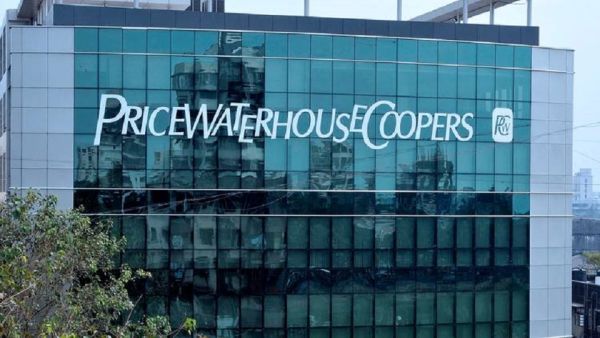PwC Middle East Report Pinpoints The Five Key Trends And Opportunity Factors Driving Qatar’s Real Estate Industry For The Years Ahead

A new analysis by PwC Middle East indicates that five key factors will drive Qatar’s real estate sector in 2022 and the years to follow. According to the analysis, while the industry’s current recovery could give way to a slowdown in the medium term, Qatar’s roster of mega-events may well provide an antidote.
The five driving factors are:
-
COVID-19: As the pandemic wanes, the office and retail sectors face a new normal.
-
World Cup: Not only a tremendous event, but a vehicle for achieving a thriving economy beyond 2022.
-
Tourism: With the restoration of ties with neighboring countries, arrivals are expected to surge.
-
ESG: Qatar’s real estate industry is on track to reduce its carbon footprint.
-
Property technology: The emergence of PropTech could prove remarkably beneficial.
COVID-19
The COVID-19 pandemic has led to disruption across industries globally and regionally. Yet despite the headwinds caused by the restrictions and travel embargoes imposed to control the outbreak, Qatar has demonstrated remarkable resilience. The Purchasing Managers' Index rebounded to reach 63.1 in November 2021 (a figure above 50 indicates economic optimism). The Real Estate Price Index (shown in the figure below) reached 223.54 in October 2021.
World Cup
A positive outlook for the real estate industry is particularly supported by the FIFA 2022 World Cup, taking place from November 21 to December 18.
The World Cup has been at the heart of Qatar’s economic plans and served as a source of optimism during the downturn. Amid a raging pandemic and political tensions, the event remained a source of hope for the public as well as the economic decision-makers. The World Cup is not only an auspicious strategic instrument as a stand-alone occasion, but also an invaluable growth driver for a thriving economy beyond 2022 and an integral part of Qatar National Vision 2030. The tournament will support Qatar in achieving long-term urban development and economic diversification goals and strengthen its appeal as an investment destination.
Tourism
Qatar and nations in the world are increasingly focusing on Tourism. Following a sharp drop in RevPAR in 2016, Qatar shifted focus to diversifying its economy through development of local attractions such as the Qatar National Museum. Further, visa-free entry was granted to nationals from 88 countries, contributing to Qatar’s image as one of the world’s most open countries.
Three key indicators of the health of the tourism industry ‒ occupancy rates, average room revenue and RevPAR ‒ all improved between H1 2020 and H1 2021, respectively gaining 7%, 16% and 24%.
With the World Cup ahead and ties with neighboring countries restored, arrivals are set to surge.
ESG
Qatar’s real estate industry is on track to reduce its carbon footprint and pave the way for a greener future. Three of the country’s recent major projects ‒ the Doha Metro, Msheireb Downtown and Lusail City ‒ incorporated Qatar’s sustainability agenda into the core of their development plans, as evidenced by their emphasis on renewable energy solutions such as on-site energy generation, LED lighting systems and carbon dioxide monitors.
Qatar’s commitment to sustainability is also reflected in World Cup preparations. FIFA’s 2022 stadiums are on track to receive at least a 4-star GSAS rating (Global Sustainability Assessment System) in categories such as design, construction, energy and water usage.
Property technology
PropTech is an important tool that can complement Qatar’s vision of sustainability through real estate and accelerate the growth of the industry. It is a domain that should be explored further. The real estate industry has a long history of being resistant to digital disruption but such an approach is outdated in an era when agility has become a key competency for industries around the world.
PropTech’s potential penetration into the real estate market is exemplified by big data, which can provide insights that inform policymaking and project planning, while also improving the performance of internal building systems such as HVAC and electrical infrastructure; artificial intelligence, which can more accurately predict pricing trends; and virtual reality, through which potential buyers could receive an immersive tour of a property even before construction begins.
Kamal Fayed, Deals Partner at PwC Qatar: “When all the key factors are considered, we foresee a positive outlook for the Qatar real estate industry. This outlook is particularly supported by the upcoming World Cup and the foreseeable end of the COVID-19 pandemic. Although there is the risk of a post-rebound slowdown in the medium term, we believe the driving factors will, in the coming years, propel Qatar’s real estate industry to new heights.”
Background Information
PricewaterhouseCoopers (PwC)
With offices in 158 countries and more than 250,000 people, we are among the leading professional services networks in the world. We help organisations and individuals create the value they’re looking for, by delivering quality in assurance, tax and advisory services.






